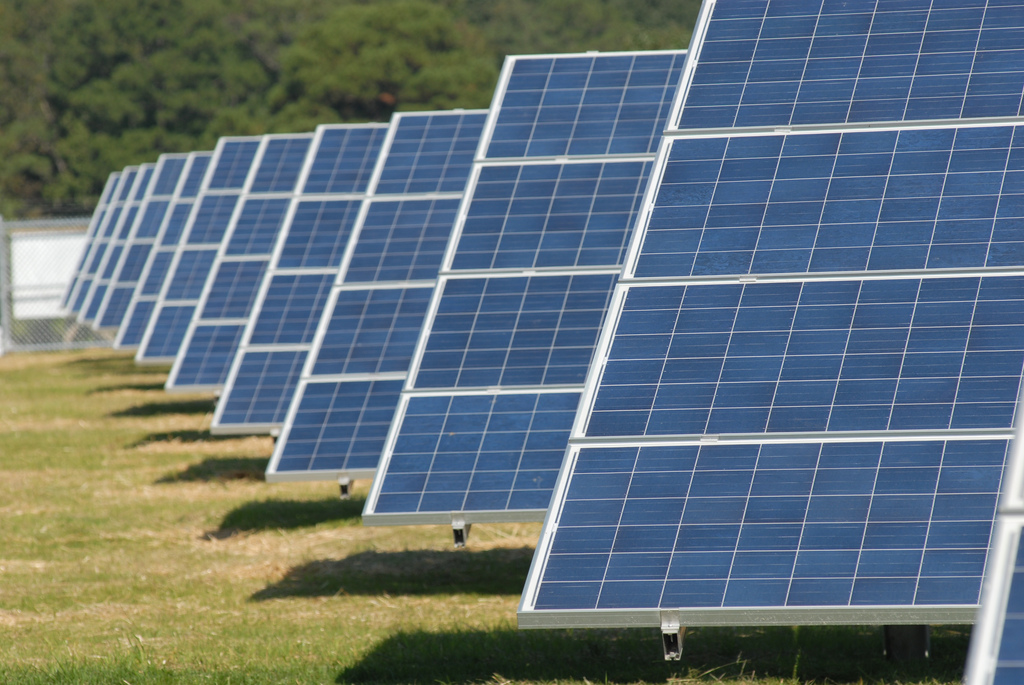Margaret
Journalists have been giving a lot of press time to the role of foreign investment and absentee ownership in inflating Vancouver, British Columbia’s housing market these days. But knowing how to interpret that press is another matter. Take for instance this recent article in the Walrus which blamed wealthy investors from mainland China for city’s soaring housing prices. These investors accomplish this, so Kerry Gold, the article’s author, argues, by parking their cash in Vancouver real estate without moving to the city, or participating in the local economy, thus decoupling housing prices from local wages. Yet the article gives barely a nod to the city’s report, released earlier this year, which found that Vancouver’s non-occupancy rate for all housing units has remained flat for over a decade. As another example, take this misleading headline from 2013: “Nearly one in four Vancouver condos empty.” It isn’t until you get into the text that the article clarifies this sensationalist stat applies only to specific areas of downtown, and even the data in the study referred to is partial and approximate.
This week the BC Real Estate Association published a report showing that the rate of increase in Vancouver’s housing prices actually isn’t unprecedented at all. Over the long-term, the supply and demand forces that influence so much of housing prices will likely be the determining factors of Vancouver’s housing market future.
Tarika
Through July 10, NOAA is broadcasting a live feed of its deep sea exploration of the Marianas Islands/Marianas Trench area. You never know what will be onscreen when you tune in—at times it appears you’re looking at a blue sky with moving white stars, and at other times you’re able to watch up-close footage of deep-sea species. No matter what’s on screen, experts will be narrating throughout.
Have you ever wondered whether you get enough light on your roof to benefit from solar panels? Then you should check out the awesome tool Project Sunroof from Google and Sierra Club. When you enter your address, the tool tells you how many hours per year of usable sunlight a solar panel would get on your roof. It also shows you which parts of your roof are shaded and which parts receive the most direct sunlight.
I also recommend the most recent episode of This American Life, “Choosing Wrong.” The stories are about people making the wrong choice even though the right one is staring them in the eye, such as basketball players choosing to not shoot free-throws underhanded because it makes them “look like a sissy.”
Serena
A moving portrait of some of the Syrian refugees being taken in by thousands of Canadians—from complex cross-cultural navigation to the simple celebration of a birthday party. Said the celebrant, “A human life has value here. You can feel it everywhere.”
Meanwhile, at home, his fellow Syrians have woefully few doctors to treat the countless wounded every day. The New Yorker had a gripping look at their work, as they rely on foreign medical specialists to inform their operations on the ground and as they themselves dodge bullets as targets of a jaw-droppingly brutal war.
Anna
In two short sittings, I raced through Ben Lerner’s delightful—and funny and piquant—essay on poetry (published as a thin book volume). In “The Hatred of Poetry” he makes the case that even in criticizing and dismissing poetry we reinforce its importance and transcendent promise. That’s just part of it. He also takes on the sexist and racist assumptions about poetic “voice.” It’s heavy and revealing, but I also never thought an academic (and novelist) waxing about poetry would make me laugh this much (“The fatal problem with poetry: poems” = LOL), nor did I imagine that a treatise on poetry would get me thinking in so many new ways about human nature and meaning. It’s a good read. (Full disclosure: Ben is the brother of former Sightline trustee Matt Lerner, co-founder of Walkscore).
People are more likely to believe the science that scientists talk about when the scientists themselves demonstrate steps to reduce their own carbon footprint. Is there a lesson here? I always feel a little preachy or elitist when I talk about my Prius or my bike commute in carbon terms, but maybe those personal actions would make my words about climate policy more believable too?
Kristin
This three-minute video from Haas makes the point that all people belong in the circle of human concern, but corporations do not belong. But our current situation treats corporations as if they belong in the circle with people, by granting them human rights like freedom of speech; and treats many groups of people (homeless, immigrants, the poor) as if they don’t belong. Let’s adjust our circle of human concern to include all humans and only humans.
Yes, there is an invisible hand, but it selects at the group level, not the individual level. Society is an organism and organisms only function well when their internal pieces work together.

